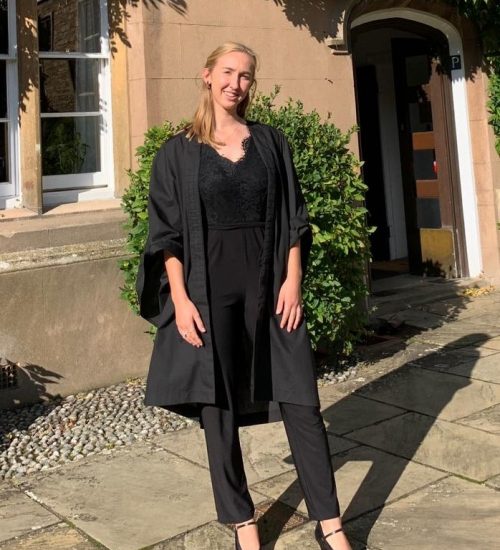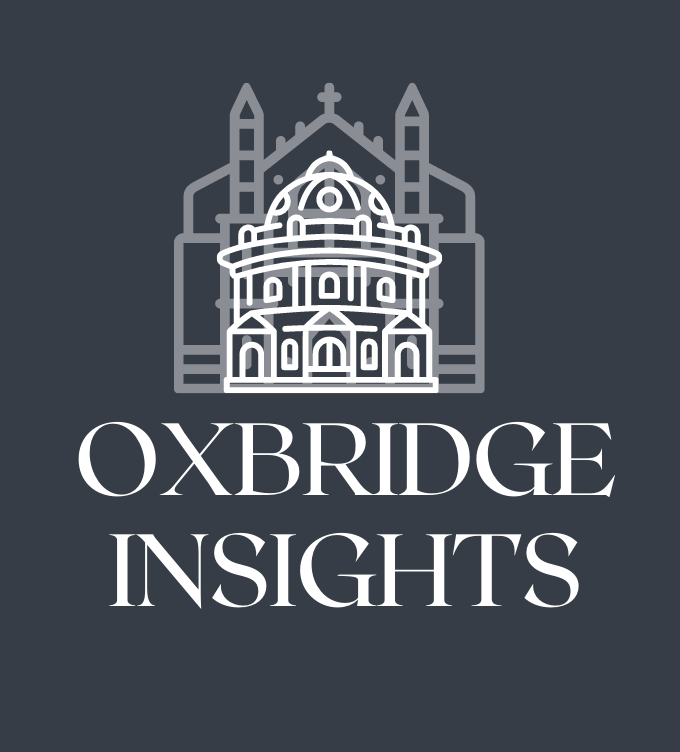
Hi! My name’s Rosie and I study English at Emmanuel College, Cambridge. I chose it because it was always my favourite subject while at school, and it’s such a broad subject that it would mean that I’d actually be learning a lot of history, philosophy, theology, politics and even sciences through the works we study.
In a typical week you have two supervisions: for your weekly essay, and for general critical appraisal skills. You have to write an essay most weeks on one or two set works, but you will often have time during the holidays to get a head start on reading the longer texts. For the first two years, each term is a different time period, except one term when you just study Shakespeare. In your third year you have some compulsory modules, e.g. tragedy, but you also have much more freedom with which areas you want to pursue. Your supervisor will then work through the ideas you brought up in your essay with you and your supervision partner, and give feedback. The other supervision is regularly in slightly larger groups, and can be on anything that your supervisor chooses. This is particularly to help you to engage with unseen material. Alongside supervisions, you also have lectures, which are completely optional, and you can go to as many as interest you. They are often extremely interesting, and will be organised in series over the weeks in categories like movements, events, or authors.
Interviews can differ, but at my college, I had two. The first was mostly assessing my personal statement, which doesn’t happen at every uni, but it’s certainly worth knowing yours well for Cambridge. In personal statements, and then in interviews, you don’t have to say that studying English is your destiny – but do try to get across that you have genuine enthusiasm for reading beyond the syllabus. Perhaps have a think about questions like where you consider the place of literature to be at the moment: for example, if you think that poetry is still relevant. For the other interview, I was given 15 minutes to look at a poem before a discussion; again, if the interviewer is pushing you a little, remember, they are looking to see that you can have original thoughts, but also that you can see the literature from a different perspective when prompted. I found prepping some notes in categories quite useful, because when I slightly panicked at being knocked off course, I could link in some thoughts I’d had earlier.
For the first two years, modern literature is only studied for one term, so if you want to apply, be prepared that you will have to read literature from the medieval period – even if you swap out other papers, this one is compulsory. In terms of swapping papers, you have a few options, but you have to make your decision in the first week! So if you’re interested in taking an MFL, ASNaC or Classical literature paper, have a think about it before you come – it might even be an interesting interview topic. Especially for the first two years, the texts you study are fairly standardized, but you gain more freedom as you go along, and supervisors are often very happy to allow you to study a suitable book of your own choosing, and certainly along unusual study areas. There is no creative writing aspect to the course, but there are a huge number of writing and performing societies in Cambridge, so don’t let that put you off.
There’s a huge variety in those who come in how much they’ve read already, but you get used to the weekly loads of reading and writing pretty quickly – it’s weirdly satisfying realising how much you’ve written over the term. I would definitely recommend the degree to anyone who loves literature, or who like me, wanted a bit of everything!
